Xi Jinping is using the Communist Party to execute a grand plan of revenge. (Qing Yu / The People News illustration)
[People News] Chinese Communist Party (CCP) leader Xi Jinping has always kept the phrase “The Party’s interests are above all else” on his lips. He demands loyalty to the Party from all members, especially officials. But is Xi himself truly loyal to the Party? Does he genuinely put the Party’s interests first? Du Wen, former Deputy Director of the Legal Advisory Office of Inner Mongolia’s Legislative Affairs Office—who once served as legal counsel to officials such as Yang Jing, Bater, and Hu Chunhua—believes that many people have misunderstood Xi Jinping. In fact, Du asserts, because Xi’s family suffered deeply under the Communist system, upon rising to power, he began using the Party’s name to replicate the very suffering he once endured—executing a plan of revenge against the entire Red regime.
Historian Joseph Torigian is set to publish an English biography of Xi’s father, Xi Zhongxun, titled The Party Comes First. Torigian argues that Xi’s iron-fisted rule is actually a continuation of his father’s belief in absolute loyalty to the Party. However, Du Wen says Torigian has misjudged Xi.
After Xi Jinping rose to power in 2012, he employed authoritarian methods to tighten control, suppress all dissent in Chinese society, and break the collective leadership model that had existed since Deng Xiaoping’s era. His indefinite grip on power has made him the most powerful Chinese leader since Mao Zedong. At the same time, Xi’s autocratic rule has sparked increasing anti-Party and anti-Xi sentiments from within the ranks.
Torigian believes that to understand why Xi views the CCP as the only tool for China’s revival, one must trace his father Xi Zhongxun’s revolutionary history.
Born in 1913 in rural Shanxi to a farming family, Xi Zhongxun grew up amid warlord conflict, social unrest, and rampant opium abuse, all under the shadow of poverty.
At 14, he participated in a plot to poison a “counter-revolutionary” teacher. Though the attempt failed, it left several other teachers seriously ill. By age 20, he had already been imprisoned twice and even wounded by gunfire.
Du Wen argues that this reveals Xi Zhongxun was far from a normal person—more like a murderer, a thug, and a troubled youth. Like father, like son, Du suggests: Xi Jinping inherited a legacy of violence embedded in his very genes.
In his book, Torigian notes that Xi Zhongxun fell from grace for 15 years after being accused of promoting personal cultism through a biography depicting his revolutionary past. He was only rehabilitated in 1978 when Deng Xiaoping returned to power. Xi Zhongxun later helped establish economic special zones like Shenzhen and supported Hu Yaobang’s reform and opening-up policies.
In 1962, at the CCP’s 10th Plenary Session of the Eighth Central Committee, senior official Kang Sheng labelled the unpublished novel Liu Zhidan as anti-Party literature. One charge was that the novel depicted Xi Zhongxun as young and capable, potentially laying political capital for him to usurp Party leadership.
Xi Zhongxun once served as Chairman of the Shaanxi-Gansu Soviet and was a longtime comrade-in-arms of Liu Zhidan. He also held the position of Secretary of the Northwest Bureau. According to eyewitness Xing Xiaoqun, during the writing of the novel Liu Zhidan, the writing team consulted Xi Zhongxun. At the time, Xi summoned Editor-in-Chief Lü Ning and External Editorial Director Zhou Peilin for discussions. He offered his suggestions twice, proposing that the novel should be written as a reflection of three things: a reflection of the times, a reflection of the Chinese revolution, and a reflection of Mao Zedong Thought. He also emphasised that Shaanbei (northern Shaanxi) should be portrayed as the endpoint of the Long March and the starting point of the War of Resistance Against Japan.
At a Party meeting, Mao Zedong immediately responded to a note passed to him by Kang Sheng. In his directive, Mao remarked that “using novels to oppose the Party is also a kind of invention,” and ordered a thorough investigation into the matter. This Liu Zhidan incident subsequently escalated into a large-scale political purge, implicating and victimising a large number of cadres.
Du Wen analysed that when the Central Red Army was driven out of Jiangxi by the Kuomintang, its numbers dwindled from 600,000 to just 7,000. At their most desperate, it was Xi Zhongxun in Shaanbei who received Mao Zedong’s central leadership.
Du believes the real issue lies in portraying Shaanbei as the endpoint of the Long March and the launch point of the anti-Japanese war. In doing so, Xi Zhongxun revealed his strong political ambition and bold political scheme. It’s not hard to see, Du argues, that Xi indeed harboured aspirations of seizing top leadership.
Du Wen also disclosed information he had heard from inside the CCP. Reportedly, in his youth, Xi Jinping once privately remarked, “A real man should strive to be like Mao Zedong.” After coming to power, Xi said, “Thirty years on the east bank, thirty years on the west bank—fortunes rise and fall. My ascent to the throne—could it not be the Communist Party’s way of repaying the favour it once owed my father, Xi Zhongxun, for sheltering them?”
It is now widely acknowledged that Xi’s methods of purging rivals mirror Mao Zedong’s style, though often more ruthless.
Du Wen contends that Xi Jinping is deeply empathetic to the wrongful suffering of his family and, once in power, sought to replicate such injustices across the system as a form of revenge. Du believes Xi suffers from severe psychological disorders and is not a normal person.
Du Wen analyses that today’s Xi Jinping is not some accidental product of a “red emperor” legacy, nor is he a faithful heir to Bolshevik culture, nor a textbook model of putting Party loyalty above all else. On the contrary, he is the highest-level anti-establishment figure ever produced by the CCP system. It is that very system which once crushed him and his family into the depths of hell — and then hoisted him to the pinnacle of power — that has created this historical aberration. His father's humiliation, his sister's suicide, his mother's public denunciation, his own time in juvenile detention, the hunger, the mental breakdowns, the cold, hard floors, the cries of “Down with Xi Jinping” — none of these forged a loyal Party warrior through ideological schooling. Instead, they gave birth to a hellish figure: a vengeful man cloaked in red, harbouring deep hatred, seeking retribution.
Du further emphasises: Xi did not rise to save the system but to destroy it. He isn’t writing a glorious red family legacy in blood—he’s collecting on blood debts. His extreme control over the Party stems not from loyalty, but from deep distrust and fear. His dismantling of legal institutions is not ignorance, but a strategy to prevent anyone from ever harming him or his family again.
Du concludes that Xi is not a student of Mao Zedong, but a mutated descendant of Mao’s authoritarian logic—more reclusive, more paranoid, more ruthless. He is not rebuilding Party supremacy but using the Party’s name to carry out a grand plan of vengeance against the red world. What we’re witnessing is a power drama led by Xi Jinping, where the inheritance of power is a façade, and destruction is the reality.
In fact, Xi Jinping doesn’t even believe in communism or the Communist Party. Former Japanese Prime Minister Shinzo Abe’s memoir revealed that Xi once said if he had been born in the United States, he would’ve likely joined the Democratic or Republican Party—not the Communist Party—because joining a party that cannot gain power is meaningless. Abe concluded that Xi joined the CCP not out of ideology, but because he is a hard-headed realist who desired political power.
As the outside world has dubbed him, the “Chief Accelerator” is turning the CCP into a global pariah, pushing it into isolation. All that remains is Xi’s final burst of acceleration, as he said himself—“making a list”—racing the regime toward its ultimate collapse.
Xi Jinping once warned Party insiders: “I believe the only one who can defeat us is ourselves—no one else.” Because Xi knows the Communist Party’s real enemy is the man with a vendetta—himself.
(First published by The People News)


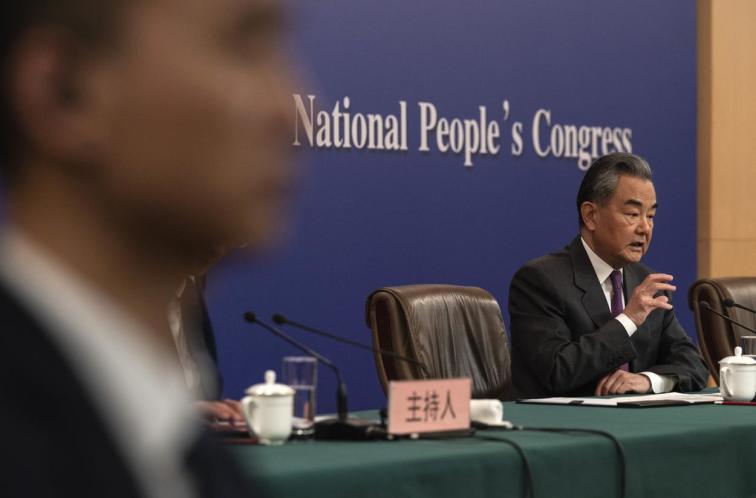
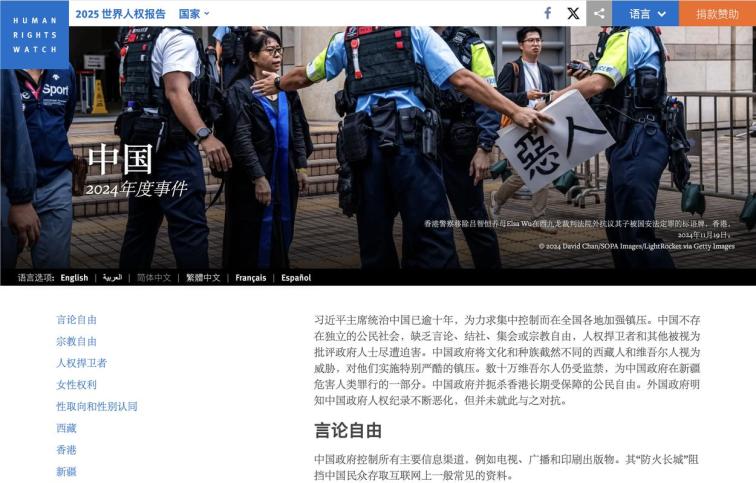
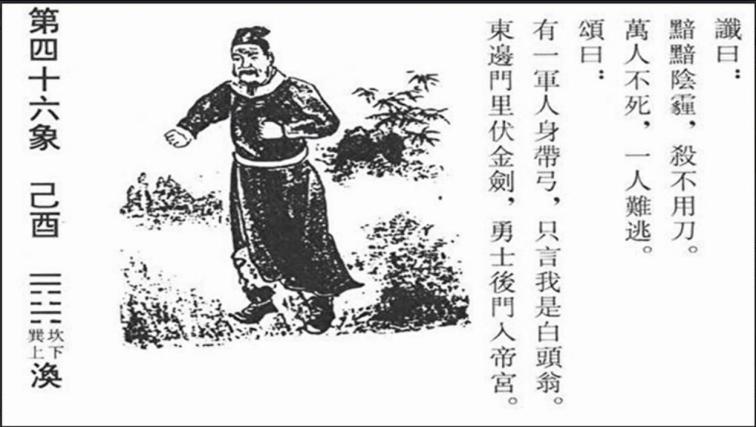

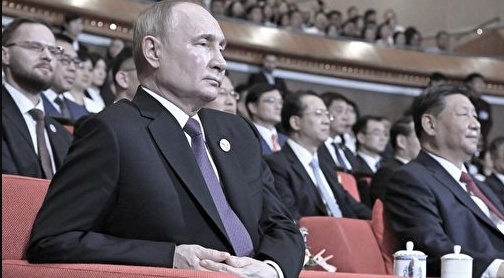

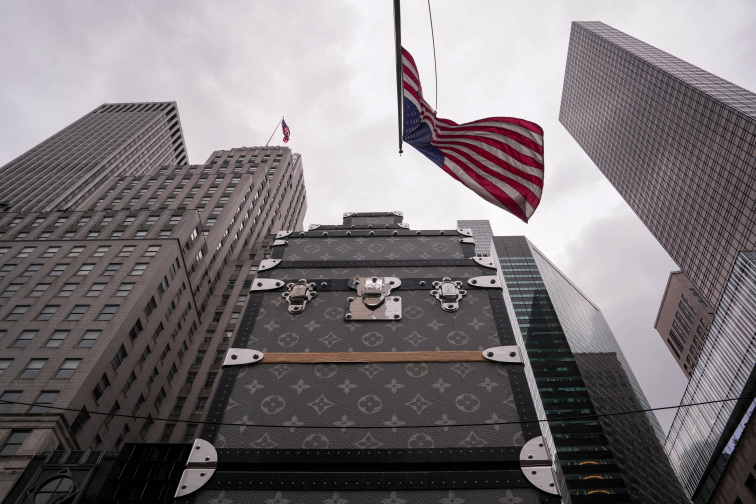


News magazine bootstrap themes!
I like this themes, fast loading and look profesional
Thank you Carlos!
You're welcome!
Please support me with give positive rating!
Yes Sure!